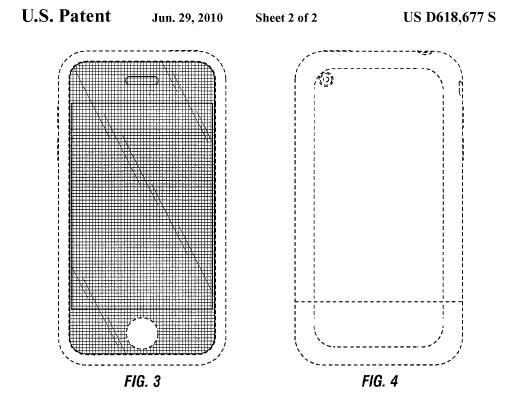Whether or not California’s wage and hour laws apply to work performed out of state generally depends upon the circumstances of employment. In Bernstein v. Virgin America, Inc., 227 F. Supp. 3d 1049 (N.D. Cal. 2017), the court rejected the argument that the “job situs” of the plaintiff was determinative as to whether the California Labor code applied. Instead, the Bernstein court explained that: “[i]nstead of considering principal ‘job situs’ in a vacuum, the California Supreme Court has endorsed a multifaced approach.
Fourth Circuit Rules That "Assault Weapons" Not Protected by Second Amendment
The Fourth Circuit Court of Appeals has ruled that military style "assault weapons," including certain semi-automatic weapons, are not protected by the Second Amendment to the United States Constitution. In Kolbe v. Hogan, ___ F. 3d. ____, 2017 U.S. App. LEXIS 2930, (4th Cir. 2017), which may be read here, the Court of Appeals upheld a Maryland law that outlawed certain assault weapons. Md. Code Ann., Crim Law § 4-303. The ban included over 40 identified weapons including the Colt AR-15, the Bushmaster semi-auto rifle, and the AK-47. Md. Code Ann., Crim Law 5-101(r)(2).
In Kolbe, the State of Maryland was sued by a number of gun rights activists supported by the NRA for violated the Second Amendment by enforcing the law. In response, the State of Maryland argued that the targeted assault weapons were weapons of war and therefore not protected by the Second Amendment. Both parties cited to the seminal United States Supreme Court decision of District of Columbia v. Heller, 554 U.S. 570 (2008), authored by Justice Antonin Scalia. The Fourth Circuit agreed with the State of Maryland..
Employers Must Defend their Employees From Lawsuits Even When Employees are at Fault
Supreme Court Reverses Apple's $399 Million Award Against Samsung
The Supreme Court has vacated Apple’s $399 million patent infringement damage award against Samsung. This substantial award was based on three Apple “Design Patents” which cover only “non-functional” aspects of the “design” or appearance of the IPhone such as the shape of the front and back of the phone. These design patents have nothing to do with the functionality of the phone. Still, Apple was able to convince the trial court that it should receive 100% of its claimed profits of its IPhone, not only those profits lost as result of Samsung’s infringement of the design. In fact, the district court refused to even allow Samsung to make the argument Apple’s profit on the design was far less than the profit on the entire IPhone.
The Supreme Court disagreed. Writing for a unanimous court, Justice Sonia Sotomayor ruled that should not have been prohibited from making the argument that Apple should have been limited to its profits on the design alone. See Samsung Electronics Co., Ltd. v. Apple, Inc. Case No. 15-777 (December 6, 2016).




